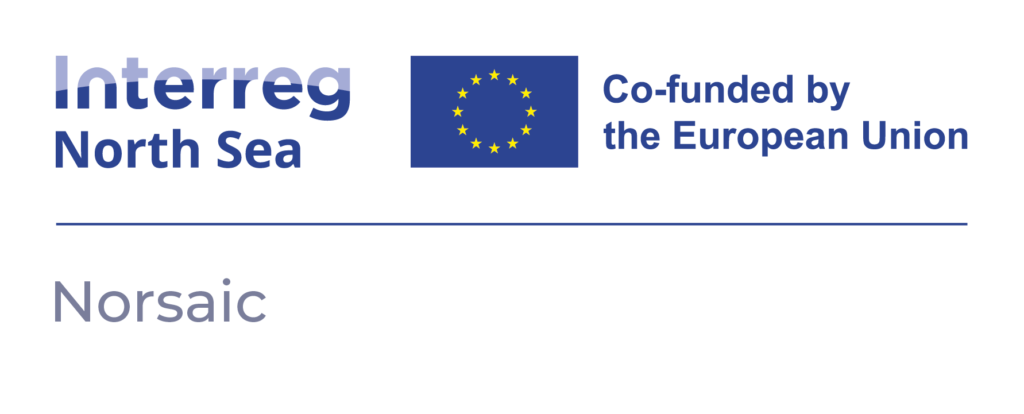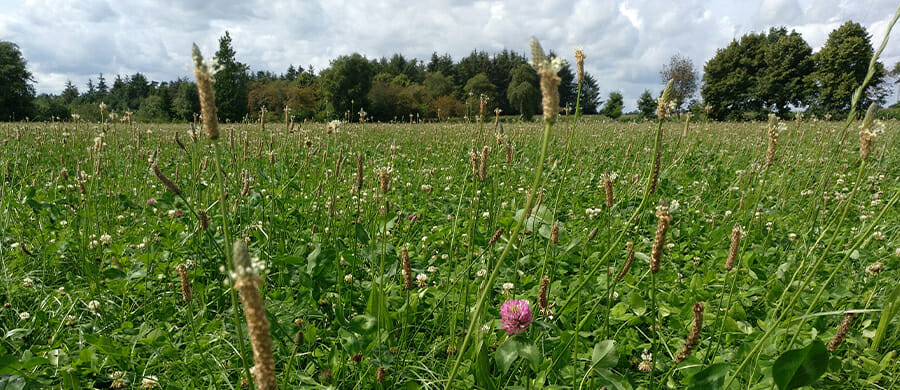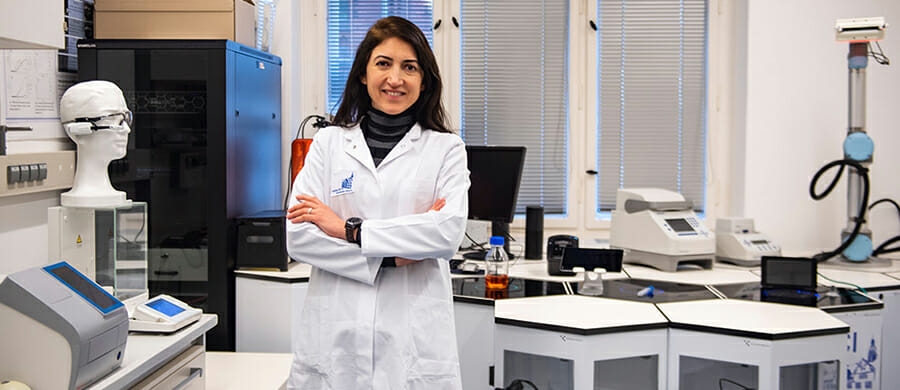CARL VON OSSIETZKY UNIVERSITY OLDENBURG
COAST, Zentrum für Umwelt- und Nachhaltigkeitsforschung
DATA & FACTS
Project
Norsaic (2023-2026)
Scientific contact
Malena Ripken
EU-Funding line
Interreg North Sea Region
Projektleitung: Prof. Dr.-Ing. Arno Kwade
Projektname: „Li-Ion Pilot Lines Network“ (LiPLANET)
Keywords: Energie, Mobilität, Partner
Projektleitung: Prof. Dr.-Ing. Arno Kwade
Projektname: „Li-Ion Pilot Lines Network“ (LiPLANET)
Keywords: Energie, Mobilität, Partner

Transnational cooperation in maritime spatial planning in the North Sea
In the Norsaic project, national authorities and ministries, research institutions and maritime stakeholders work together to create a future-proof and innovative cooperative governance for ‘next-level’ transnational maritime spatial planning (MSP) in the North Sea.
The North Sea marine space is an intensively used area shared by many countries and stakeholders with different interests, while at the same time new uses and challenges are emerging. Meanwhile, the North Sea is also an important ecological system. Climate change, economic drivers, and local/regional impacts of activities require new and adapted MSP approaches, innovations, and an overall improved joint capacity developed cooperatively by decision makers, research institutions, and maritime stakeholders to improve collaboration at national as well as local/regional levels.
Together with eleven project partners from Sweden, Denmark, Germany, the Netherlands, Belgium and France, Norsaic will bring all these stakeholders together. Jointly, they will aim towards a vibrant, healthy and sustainable North Sea region in the face of climate change by focusing on adaptation strategies and visions for the future, building innovation capacity for governance and ultimately developing a common understanding of how to collaborate in MSP. Norsaic aims to take MSP to a new level by embracing transnational collaboration to manage sustainable change in the marine space. Norsaic’s approaches include a) adapting and further developing key MSP elements such as land-sea interaction, cumulative impacts, and multiple uses of marine space to develop future-proof MSP processes and plans in the North Sea region in response to climate change, b) developing and institutionalizing innovation capacity and tools for MSP, and finally c) developing shared capacity for sustainable governance in MSP at all levels.
Under the project leadership of the Center for Environmental and Sustainability Research at the University of Oldenburg, Norsaic will enhance overall collaboration in MSP through the joint development of MSP adaptations, strategies and action plans to be implemented by national and local/regional authorities and ministries in the North Sea region.
Author:
Malena Ripken
Publication date:
21.06.2023
this might also interest you …

ProjeCt: BEeSPOKE
The overall objective of BEESPOKE is to increase levels of pollinators and crop pollination at local and landscape scales by providing land managers and policy makers with new expertise, tools and financial knowledge to create more sustainable and resilient agroecosystems. Insect pollination is worth €15 Billion in the EU but wild pollinators are declining…

Project: decades
The chemical industry is currently facing the challenging transformation of replacing classic, chemical manufacturing processes based on petroleum with sustainable, bio-based products, in line with the concept of a circular bioeconomy. Solvents, in particular, play a crucial role in the chemical industry along the entire production chain.
